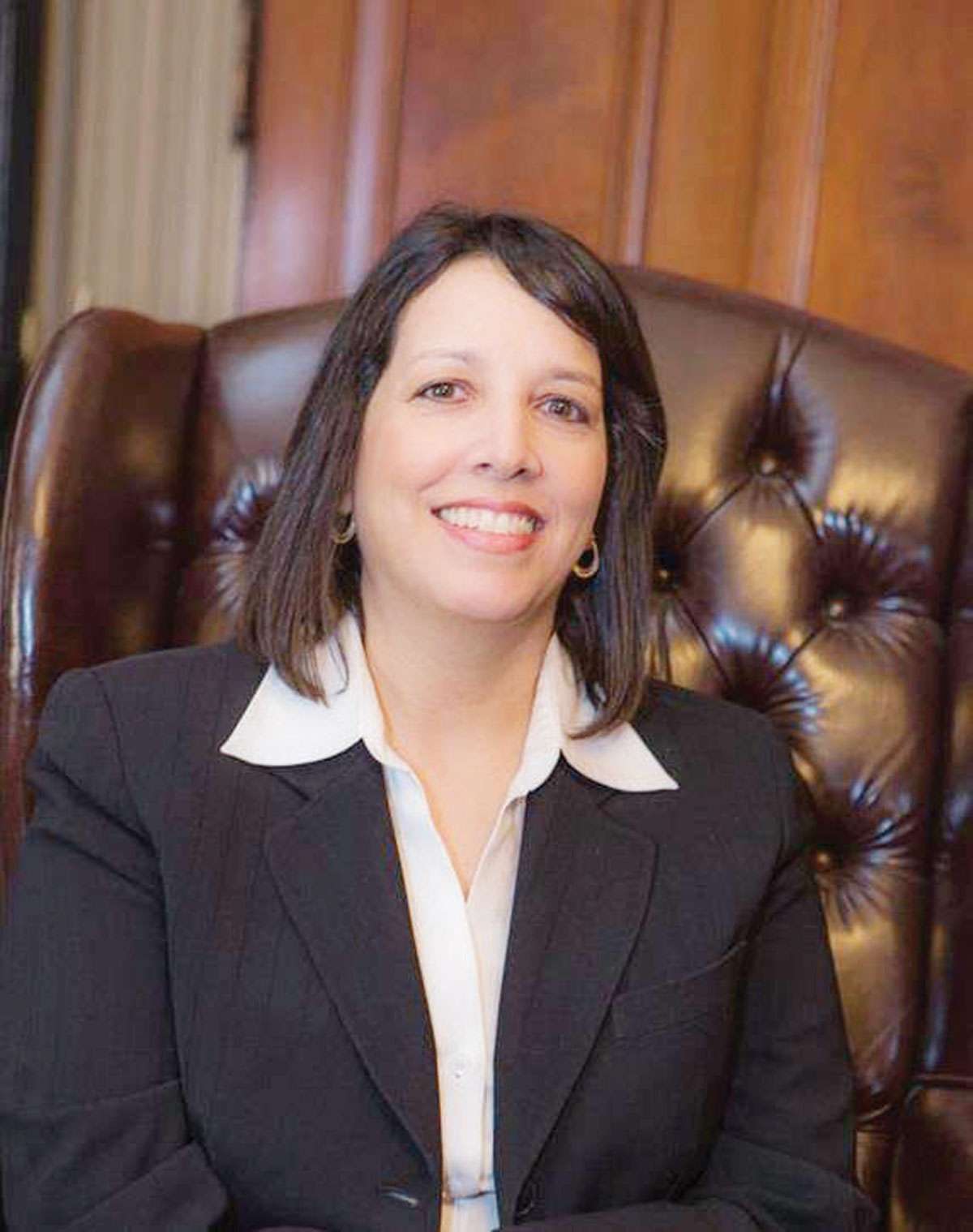SALEM — At the first Salem City Council meeting of 2021, Mayor Kimberley Driscoll laid out her vision for the coming year in the annual State of the City address.
Among her top priorities were housing and racial justice.
“Now, I can hear some out there sighing – there she goes on housing again,” said Driscoll. “Well, here’s why we’re talking about it. Today, 126 Salem kids in our schools are homeless.
“Today, close to one of every three Salem households is paying more than 30 percent of their income to keep a roof over their head. One out of every three. Today, for every four low-income families living in Salem, there is only one affordable unit to meet their needs.”
Driscoll announced her intention to refile the “Accessory Dwelling Unit” ordinance, a measure which was unable to pass the council due to some councilors’ — including At-Large Councilor Domingo Dominguez and Ward 7 Councilor Steve Dibble — concerns that the measure would favor luxury developers over residents.
She also discussed the potential of a community land trust (CLT) as a means of ensuring affordability in the city.
She described the trust as “a model in which existing housing can be acquired, made available in (the) shorter term at more affordable rents to those in need, and preserved permanently as affordable units for the community.”
Driscoll explained that she would be working with the city’s Affordable Housing Trust Fund Board on the concept over the next few weeks.
She called for a combination of both market-rate housing, which she said remains out of reach financially for most Salem residents, and subsidized housing.
“To be clear, this should not be a duel between market-rate housing (which continues to rise in value) or subsidized housing or workforce housing,” Driscoll said. “The truth is we need a mix of people living in Salem to support a vibrant economy.”
She also focused on racial justice, touting the Salem Race Equity Task Force which was created last year, and announced her plans to further the board’s work in the coming year.
“In the year ahead, we will be launching a minority-owned business procurement policy for city contracts and purchasing,” she said. “We’ll continue our efforts to appoint and hire people from a diversity of backgrounds, to better and more fully represent the demographics of our residents.
“And we’ll work through the Race Equity Task Force to identify the steps we can proactively take at the local level to undo systemic racism as much as possible in areas including public education, public safety and public health.”
The mayor also addressed the events of the past year, particularly the COVID-19 crisis.
“In many respects, our community was a pioneer in the effort to slow the spread of the virus,” said Driscoll. “We were one of the first municipalities to use wastewater surveillance monitoring, to fund our own resident community testing program, and to provide weekly surveillance testing to our schools, first responders and essential city employees.”
As of Jan. 7, the city had recorded 3,010 cases of COVID-19 (including 438 in the past two weeks) and 61 deaths. Salem has administered 77,558 total tests.
“Salem is a special place,” said Driscoll. “Our city is not a fragile relic under glass. Rather, it is vibrant, evolving, and dynamic — connected to our history, yes, but not stuck there. Our values may be rooted in our past, but our aspirations — our hopes — those belong to Salem’s future.”
The council meeting also featured a changing of the guard, with Ward 2 Councilor Christine Madore elected as city council president. She replaces Ward 1 Councilor Robert K. McCarthy as head of the council.
Madore, who has served as the vice president of real estate services at MassDevelopment, has been on the city council since 2017.

